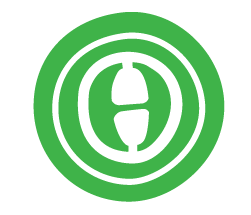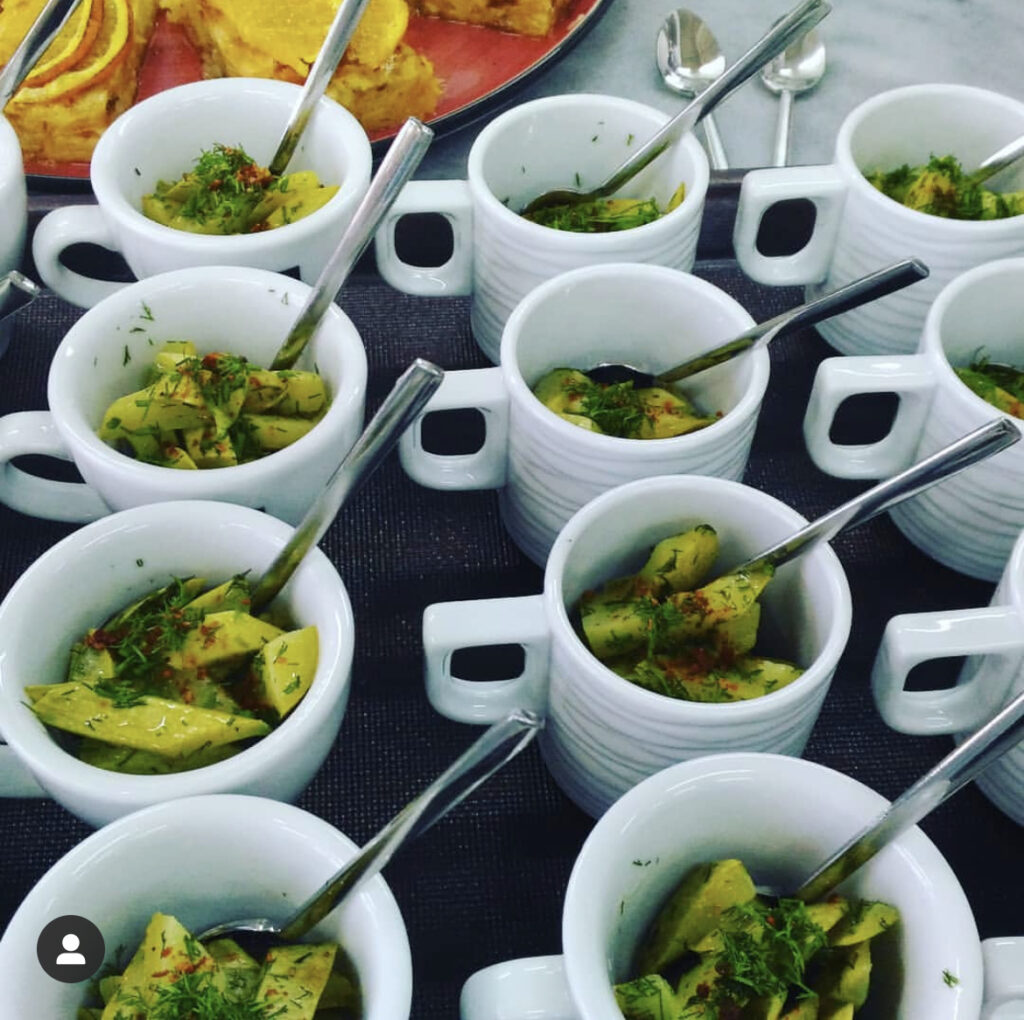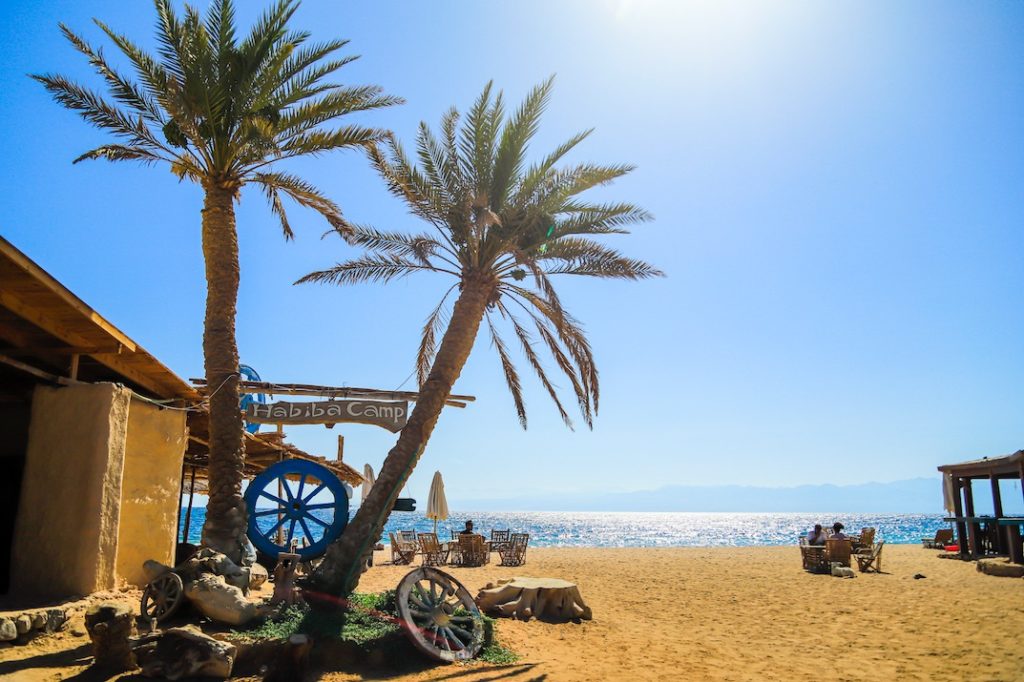FAQ
Everything That You want To Ask
The closest airport is Sharm el Sheikh International Airport. Taxis from the airport to Nuweiba cost 600 EGP (about 30 Euros). Habiba Community will be more than happy to arrange the transport from and to the airport.
From Cairo, tickets can be purchased from Turgoman East Delta bus station in Ramsis or in Abbasiya. The ticket to Nuweiba costs 220 EGP and the trip takes around 8 hours. Buses are safe and very clean. From the Port of Nuweiba, taxis can be taken to Habiba Community for 50 EGP. The locals know the way, and a taxi taken from outside Nuweiba will frequently stop to ask people on the street for directions. Don’t worry, this is normal. It’s best to negotiate prices before getting in the taxi. If the driver does not speak English, they will find someone to translate for you, but they all speak enough English. When traveling through Sinai, it’s important to keep your passport at hand as there are many security checkpoints that may require it.
Work varies by season and the most critical time is autumn (starting mid-September), the tomato planting season. Plant maintanence is necessary all year, in addition to working with compost and sifting soil for the Sinai Palm Foundation. Innovation and self-motivation is highly encouraged. Maged El-Said, the founder and chairman of Habiba Organic Farm, is eager to share ideas and plan new projects with volunteers. A typical day for volunteers begins at 8 am in Winter and 7 am in Summer and continues for 6 hours. Fridays are half days with excursions to the Sheikh Salim Market in Dahab.
Lightweight clothing to cover your head, neck and shoulders,
-Mosquito repellant -Sturdy shoes -Work gloves -Beach gear and a sense of adventure 😉 Most of the above is available in shops around Dahab and Nuweiba, but its perferable to buy your quality shoes and cargo gear before arriving. Winter gets chilly, even in Sinai, especially in January and February, so bring warm clothes for the evenings.
No, but any that you learn will certainly help! Maged El-Said and his family speak fluent English and Italian, and many workers at the Village and locals speak English. What you should do is learn Arabic during your stay; one more language is always good. Habiba Organic Farm is more than happy to arrange private Arabic tutors that will teach you at the village, the farm or on the beach after your work hours. Reduced prices are available for every volunteer. You can learn colloquial and talk like an Egyptian, or learn formal and write like a professional.



